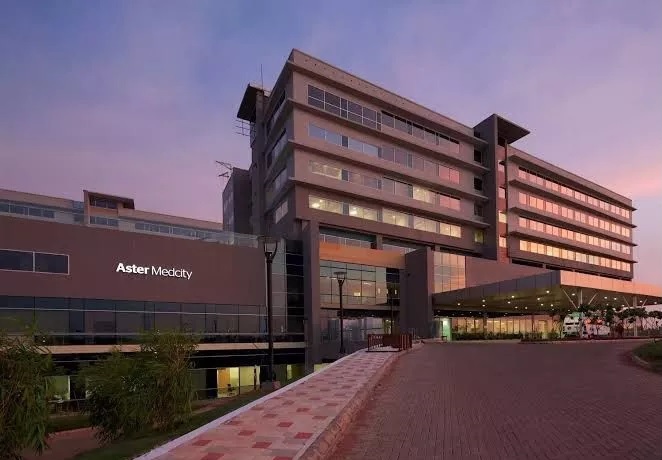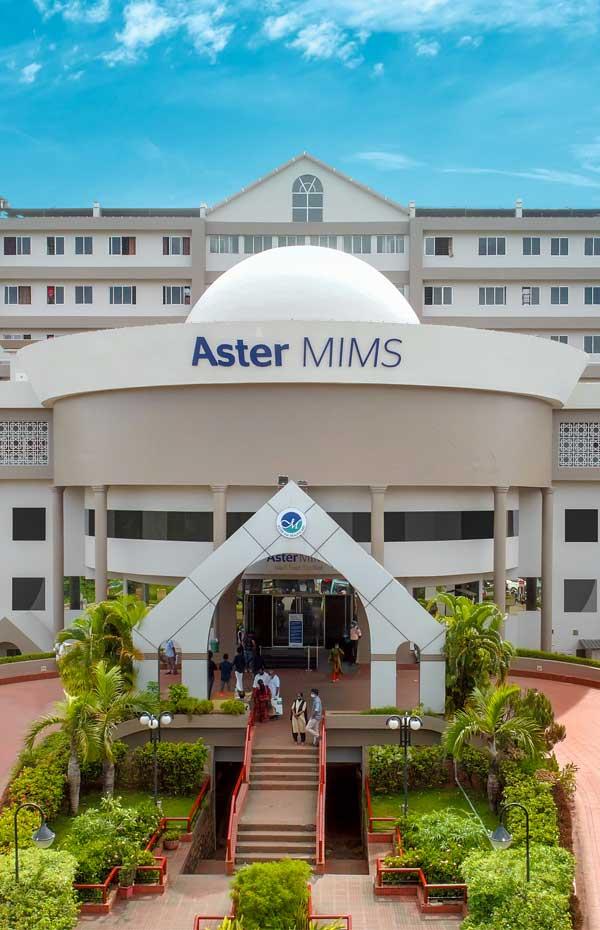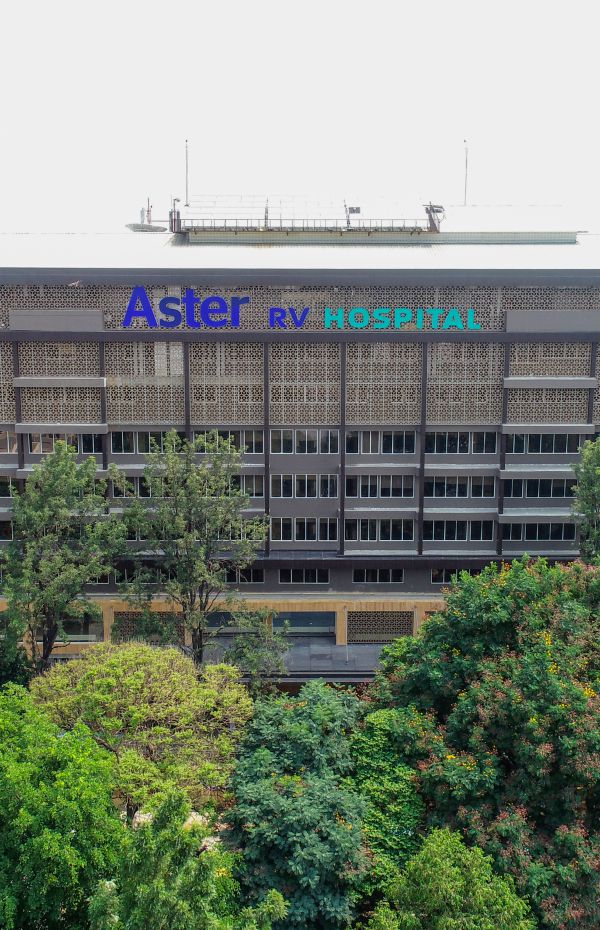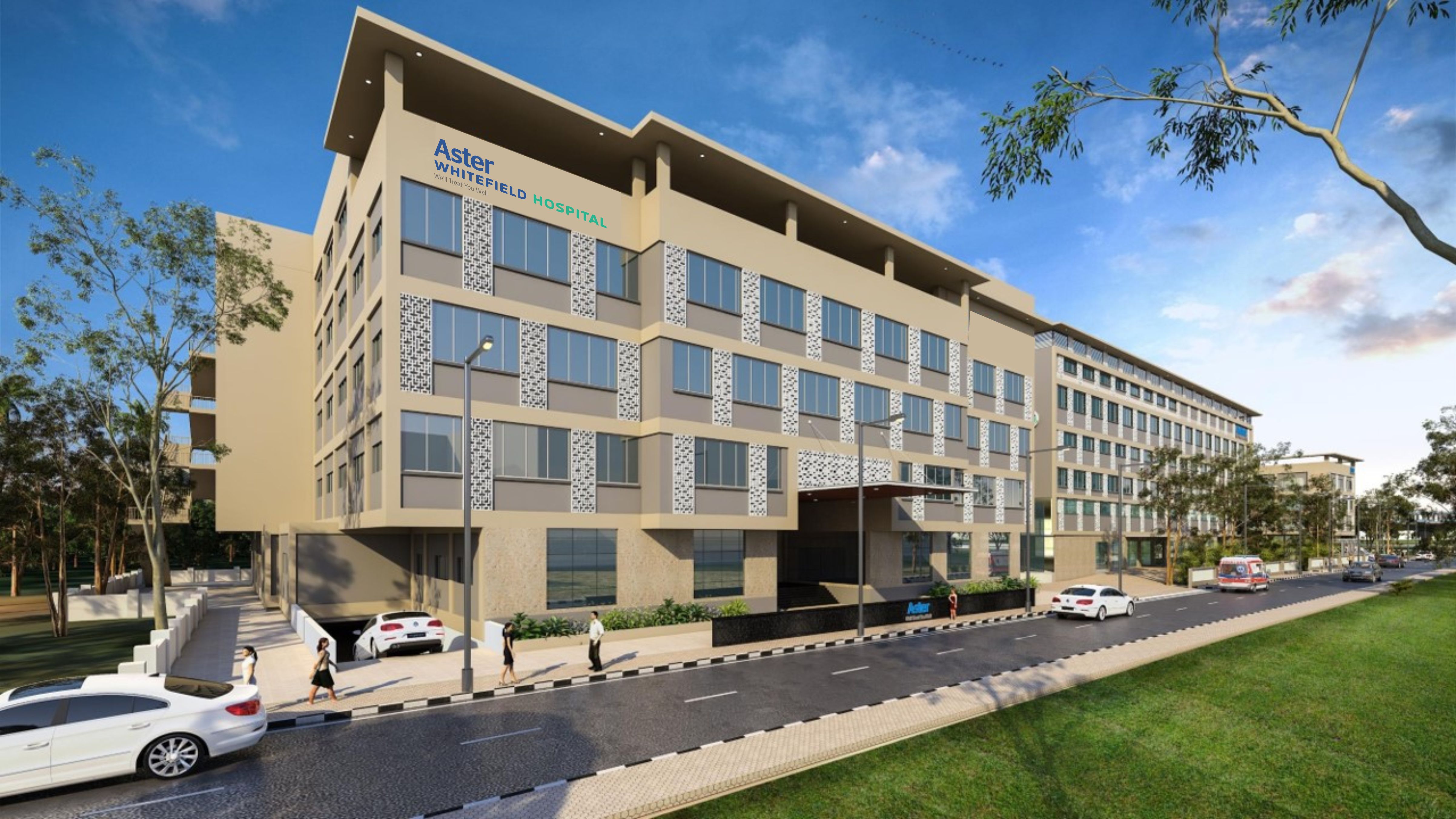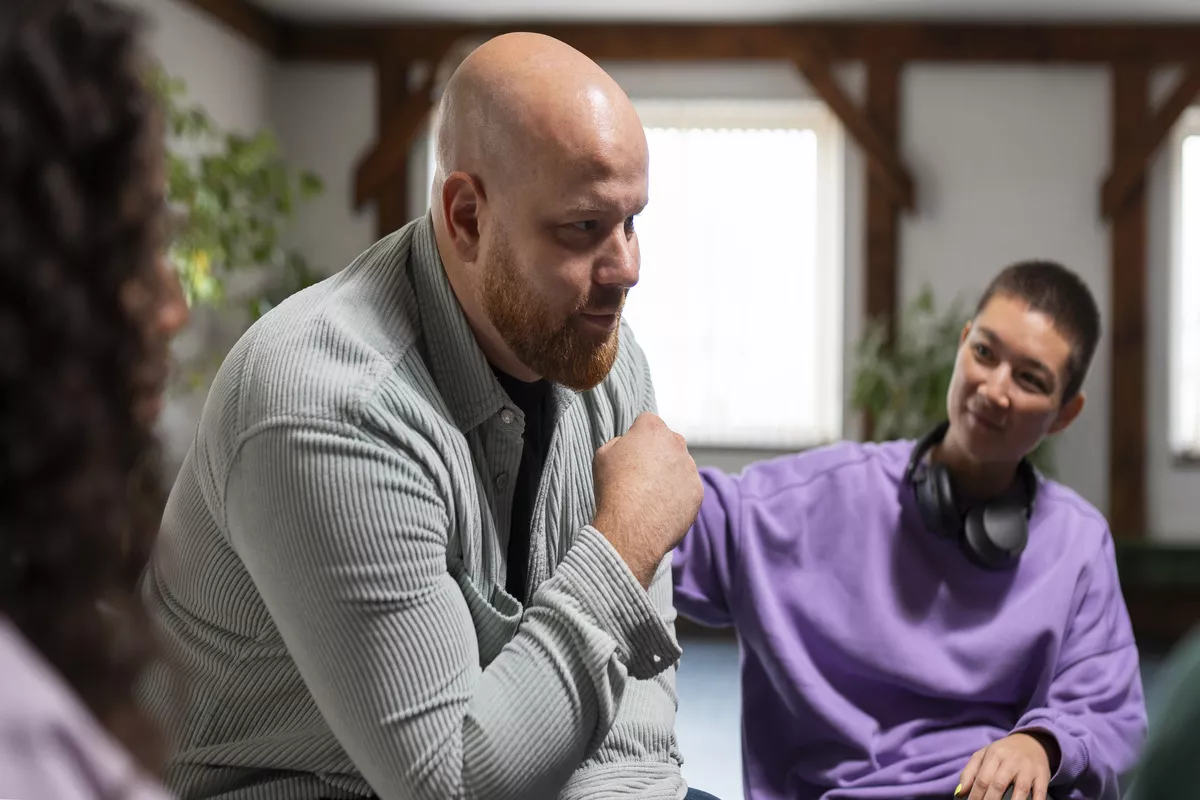Led by a team of highly trained doctors, the department of Pain & Palliative Medicine at Aster Hospital offers specialized interventional and non-interventional treatment for management of pain due to various illnesses and injuries in patients of all ages. Multidisciplinary in approach, we offer customised, guideline-based treatment to patients, with the support of trained nurses and therapists. The course of the pain management treatment is determined after a detailed assessment of the patient’s medical problem, current health condition, symptoms, intensity of pain and lifestyle/ psychosocial background. Pain management treatment plans often include physiotherapy and rehabilitation sessions to ensure sustained relief.
Our Doctors
We have some of the best specialists from around the world, they bring years of experience and offer evidence-based treatment to ensure the best care for you.
Treatments & Procedures
We provide comprehensive treatment for all types diseases under one roof. Our highly experienced doctors supported by especially trained clinical staff, ensure the best care for you.
Blogs
The source of trustworthy health and medical information. Through this section, we provide research-based health information, and all that is happening in Aster Hospital.


